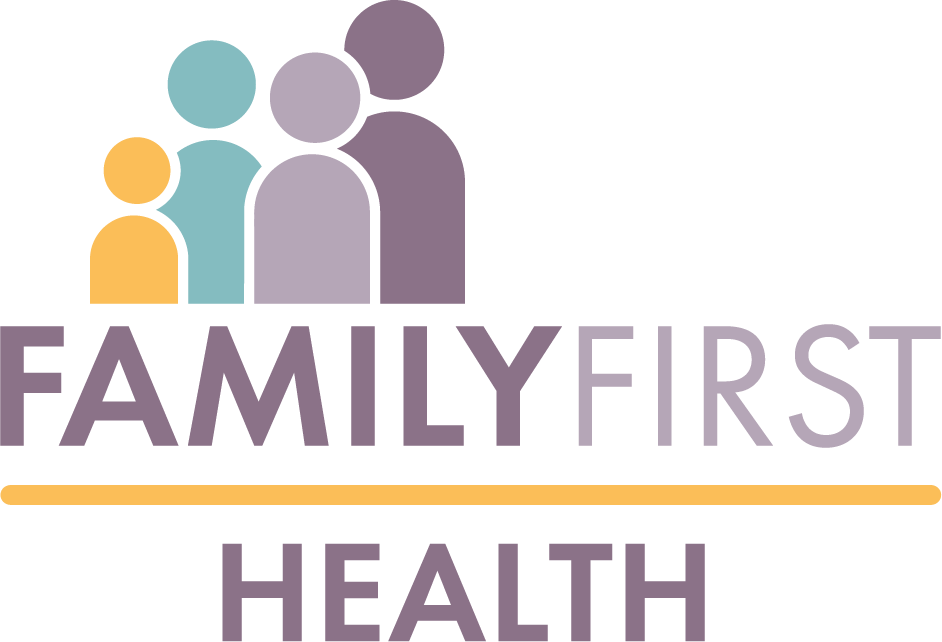According to the Centers for Disease Control, about 1 in 5 children between the ages of 5 and 11 have at least one untreated decaying tooth and children between the ages of 5 and 19 are twice as likely to have cavities if they come from low-income households.
According to the University of Illinois College of Dentistry, there is a connection between oral health and a person’s overall health and well-being.
February is Children’s Dental Health Month and Dr. LaJuan Mountain, vice president of dental services at Family First Health, and Dr. Sam Mansour, Pennsylvania Dental Association’s statewide national children’s dental health month chair, joined us on The Spark Thursday to discuss the importance of children’s dental health, the barriers to receiving dental care and ways to overcome them.
Dr. Mountain said, a healthy mouth consists of firm and pink gums and no disruptions or discoloration in the enamel. She also said, oral health is not the general consensus that she is seeing in our communities because of a lack of accessibility, high costs, insurance challenges, dentist office schedules, a lack of oral health literacy and more.
On The Spark we also discussed the Family First Health’s Mobile School Dentist program that provides in-school dental care for all ages and grade levels in York, Adams and Lancaster County.
“It’s having a tremendous impact. I’ve been doing this program for almost a decade and I’m actually seeing kids that I first started to treat in Head Start, and they’re now in junior high. So that means we’ve actually followed kids throughout their entire academic life thus far, and we’re seeing improvement,” Dr. Mountain said. “We’re exposing them to the importance of their oral health, but also opportunities in health care, especially because the individuals we’re interacting with are often in that low socioeconomic environment.”
